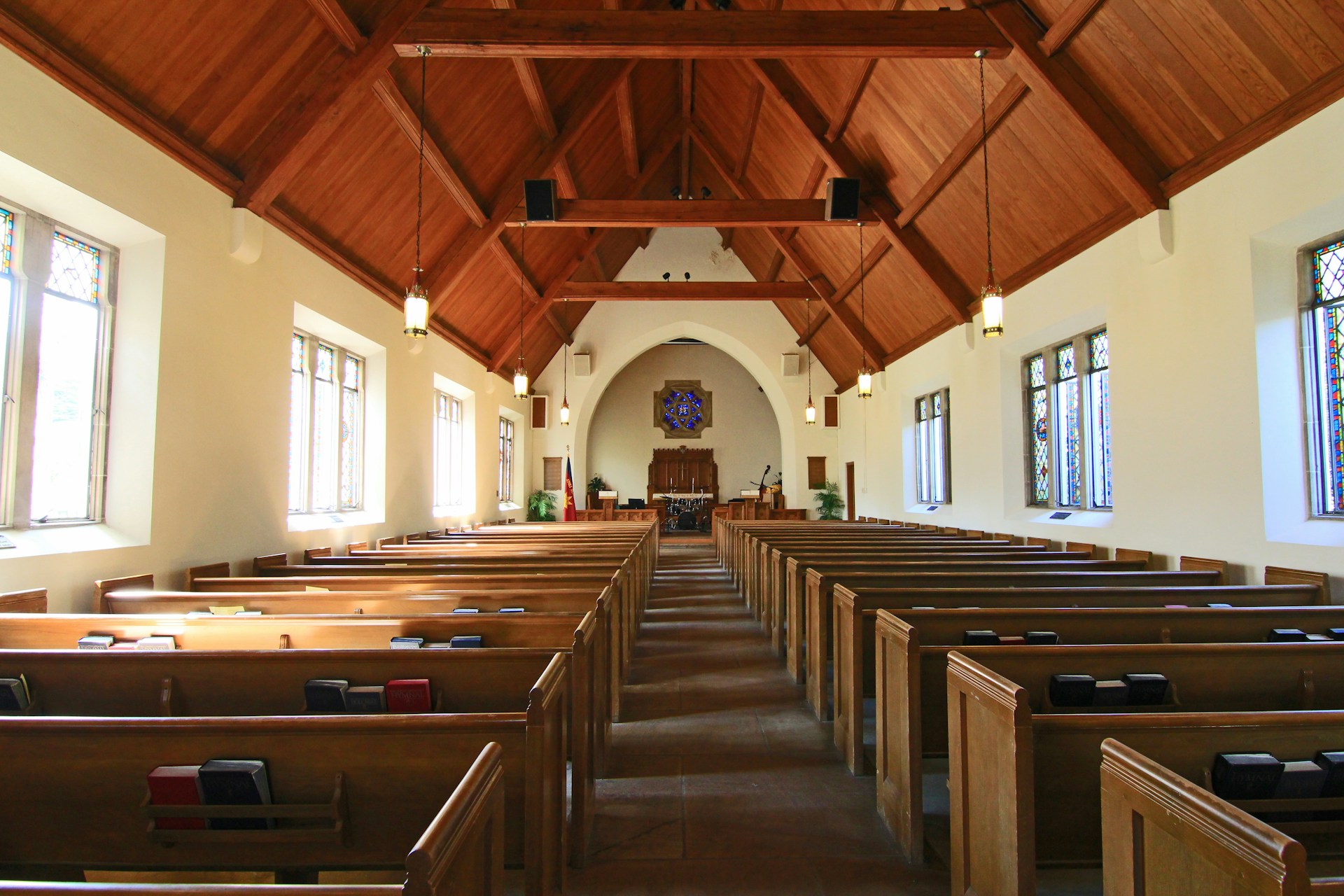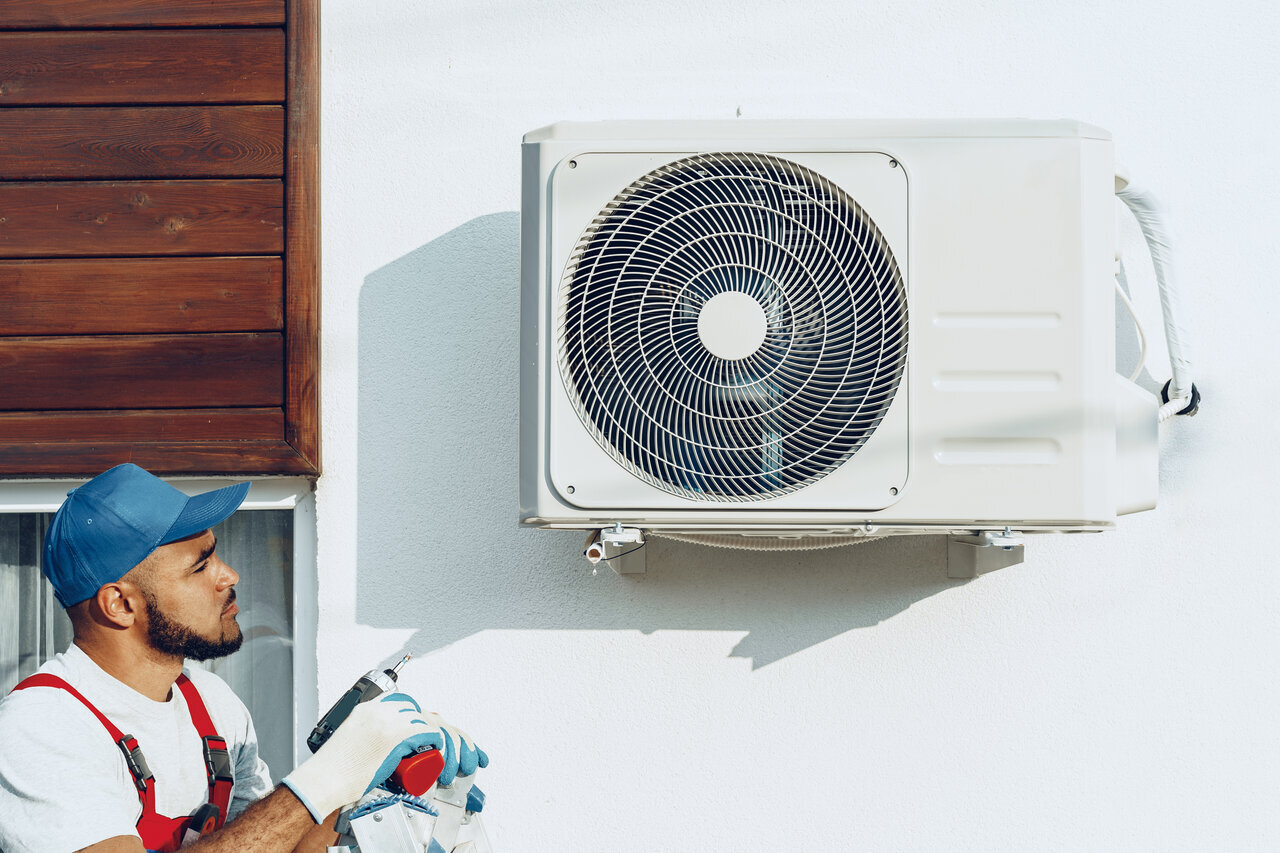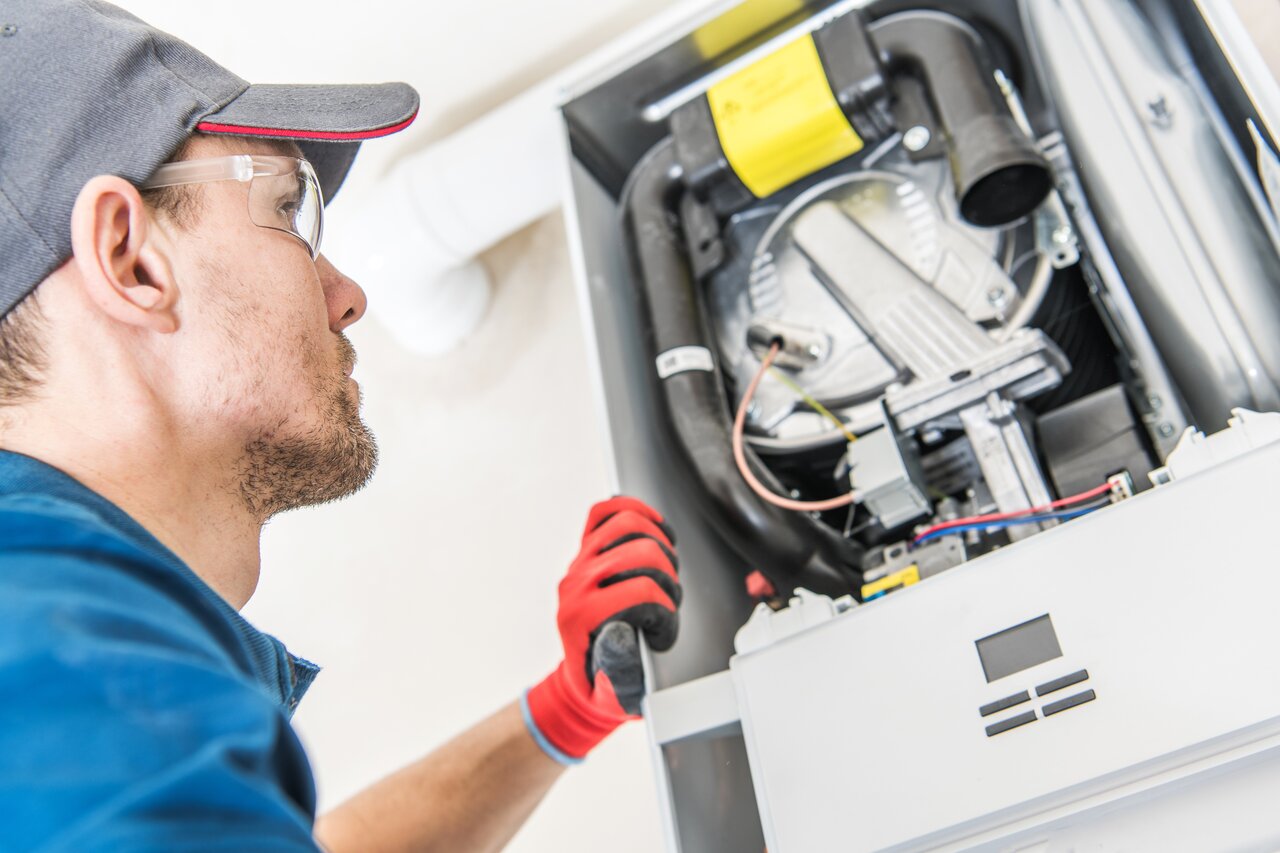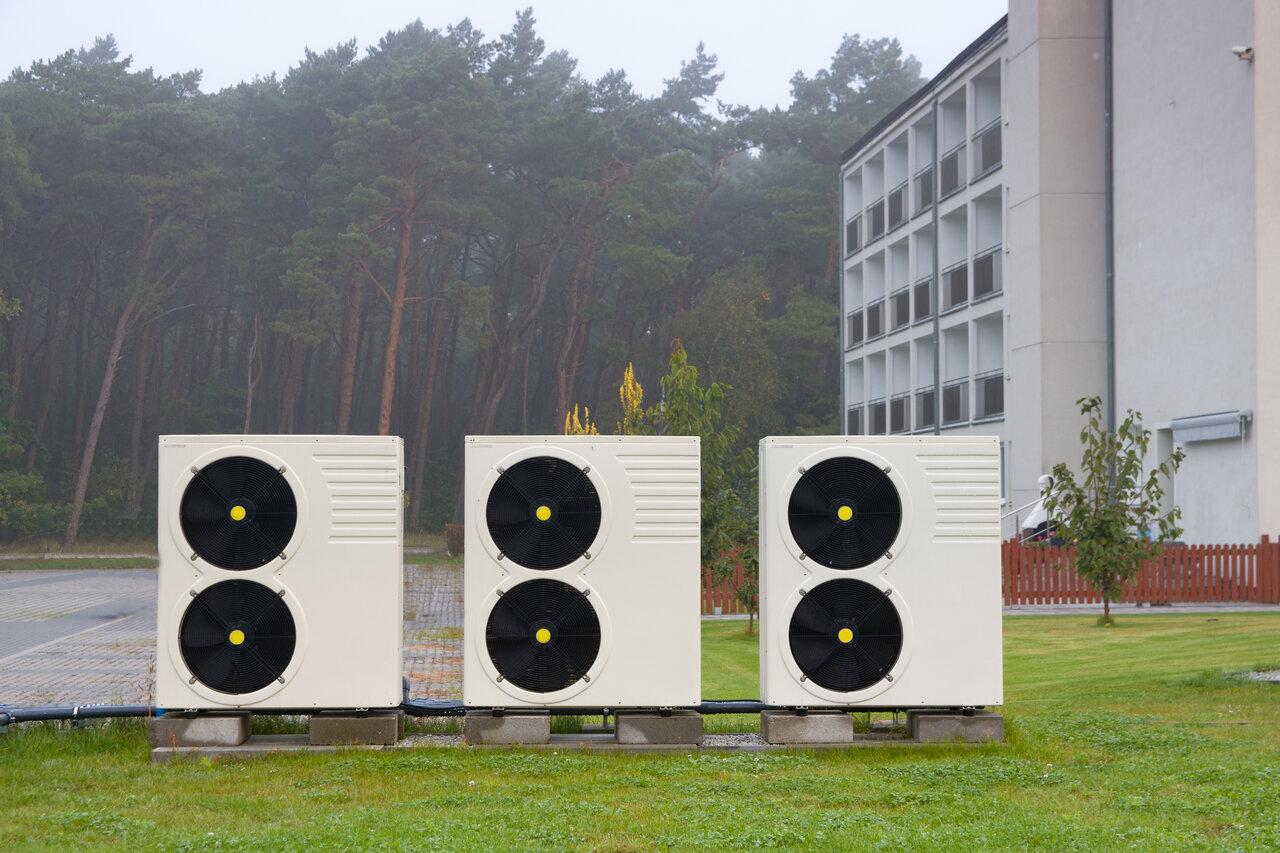Clean air plays a critical role in maintaining our health and well-being, and this is especially true when it comes to the indoor air quality of our residential and commercial spaces. Indoor air pollutants can cause a variety of health issues, including allergies, asthma, and other respiratory conditions. A well-functioning heating and cooling system not only regulates your space’s temperature and humidity but can also work to improve indoor air quality, creating a healthier and more comfortable environment.
Various HVAC solutions can specifically contribute to better indoor air quality. These include the use of energy-efficient systems, proper filtration options, and ensuring routine maintenance. An energy-efficient heating and cooling system consumes less energy and, consequently, emits fewer pollutants. Moreover, a well-functioning system manages temperature and humidity levels more effectively, reducing the likelihood of mold and mildew growth that can severely impact indoor air quality.
Read on as we explore how the right heating and cooling solutions can enhance your indoor air quality and the benefits that come with improving your living or working space’s atmosphere.
Energy-Efficient Heating and Cooling Solutions
Energy-efficient heating and cooling solutions have a significant impact on improving indoor air quality. Modern systems consume less energy and produce fewer greenhouse gas emissions, thereby reducing the overall pollution levels in your space. In addition, these systems offer better temperature and humidity control, resulting in a more balanced indoor climate that minimizes the risk of mold and mildew development.
Some energy-efficient heating and cooling options include high-efficiency furnaces, heat pumps, and ductless mini-split systems. These systems have higher Seasonal Energy Efficiency Ratio (SEER) or Annual Fuel Utilization Efficiency (AFUE) ratings, which indicate their superior energy performance compared to traditional systems. As you explore different options, it’s essential to consult with HVAC professionals like our team, who can provide expert guidance on choosing the right energy-efficient system for your needs.
Effective Air Filtration Options
Air filtration is another critical aspect of improving indoor air quality with the proper heating and cooling solution. Different filtration options can remove various indoor air pollutants such as dust, pollen, pet dander, and smoke particles, thereby creating a cleaner and healthier indoor environment. Some popular air filtration options for heating and cooling systems include:
- High-Efficiency Particulate Air (HEPA) Filters: These filters capture at least 99.97% of particles as small as 0.3 microns, making them highly effective in removing airborne pollutants.
- Activated Carbon Filters: These filters are particularly adept at removing gaseous pollutants and odors, providing improved air quality and a fresher-smelling indoor environment.
- Air Purifiers: Standalone devices or integrated systems, air purifiers combine different filtration technologies like HEPA or activated carbon filters to address a broad range of indoor pollutants.
It’s important to note that not all heating and cooling systems are compatible with advanced filtration options, so it’s crucial to consider air filtration requirements when selecting your HVAC solution and seek advice from experts like our technicians.
Routine HVAC Maintenance Matters
A well-maintained heating and cooling system has a profound effect on indoor air quality. Regular maintenance tasks, such as filter replacements or cleanings, ensure that your HVAC system effectively removes air pollutants and functions at optimal efficiency. Some essential maintenance tasks for heating and cooling systems include:
- Changing or Cleaning Air Filters Regularly: Dirty filters impede airflow and reduce an HVAC system’s ability to capture pollutants, negatively affecting your indoor air quality.
- Cleaning Coils, Fans, and Ducts: Accumulated dust and debris in these areas not only reduce your system’s efficiency but can also contaminate the air being circulated throughout your space.
- Inspecting and Repairing Air Leaks in Ductwork: Leaky ducts can lead to the infiltration of outdoor pollutants and even pests, significantly affecting your indoor air quality.
By working closely with HVAC professionals like our team, you can ensure regular maintenance and timely repairs, giving you peace of mind as your heating and cooling system maintains a high level of indoor air quality.
Adapting HVAC Systems for Different Spaces
Selecting the right heating and cooling solution to improve indoor air quality requires consideration of your specific residential, commercial, or new construction space. Different spaces have varying requirements and constraints, like the available square footage, ceiling heights, and existing ductwork.
For larger commercial spaces, options like rooftop heating and cooling units may be more feasible to address climate control and indoor air quality needs. In contrast, smaller residential spaces may benefit from ductless mini-split systems or heat pumps, which can provide efficient temperature control and air filtration without extensive ductwork. A tailored approach, combined with expert guidance from our technicians, is crucial in ensuring a suitable heating and cooling solution for your unique space.
Conclusion
Improving indoor air quality is a vital aspect of maintaining a healthy and comfortable living or working environment. By carefully selecting the right heating and cooling solutions, implementing effective air filtration options, and ensuring regular system maintenance, you can significantly enhance the air quality and overall satisfaction within your space.
Remember to consult with trusted HVAC professionals like our team at Ashford Mechanical, who possess the knowledge and expertise to assist you in choosing the best heating and cooling solution for optimal indoor air quality in your residential, commercial, or new construction projects. Don’t compromise on indoor air quality—reach out to our air conditioning contractors in Lewisville today for personalized HVAC guidance and support.










